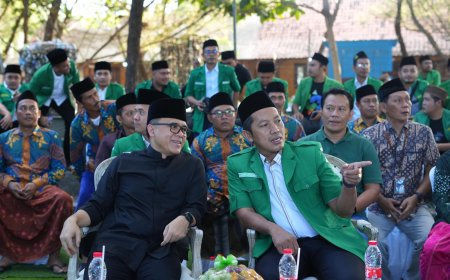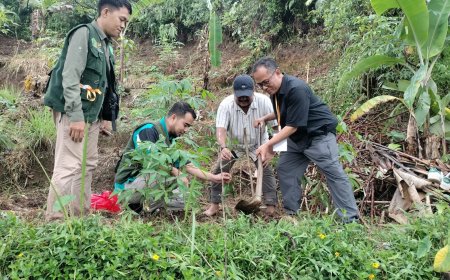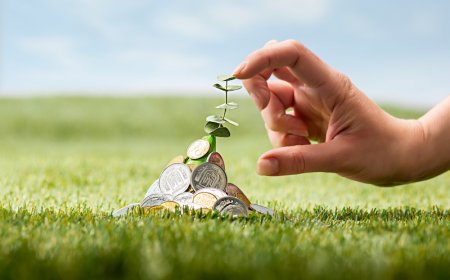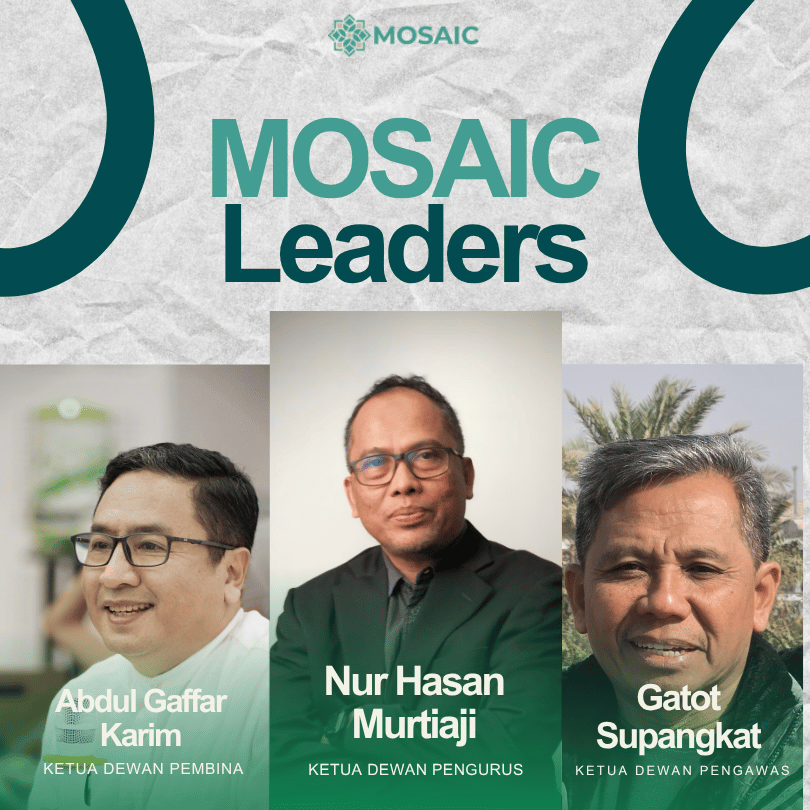Muhammadiyah and fikih for just energy
Renewable energy projects also often cause social conflicts,
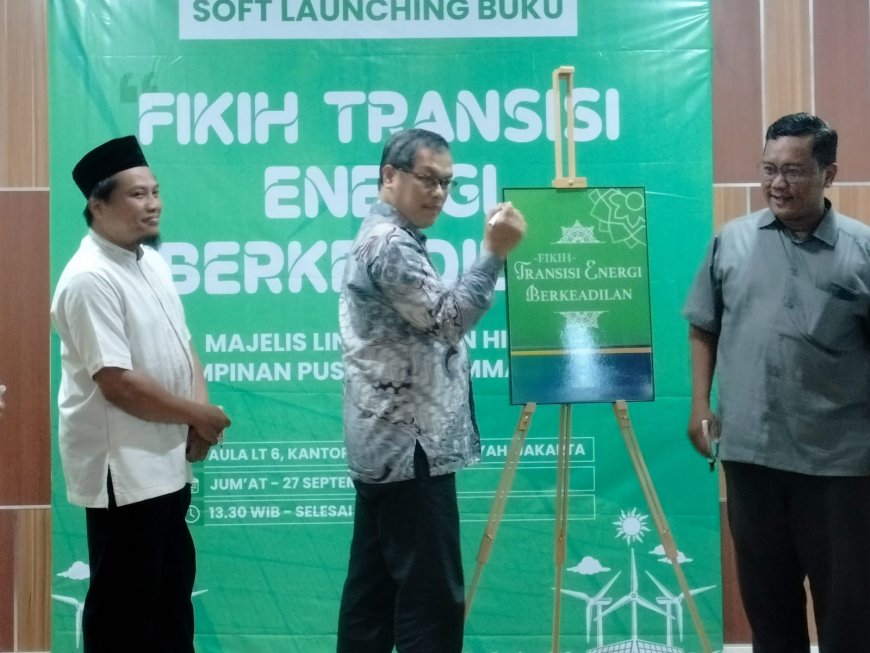
MOSAIC-INDONESIA.COM, JAKARTA -- The energy transition from fossil to renewable energy is still to be pursued. Indonesia setting a net zero emission target or zero percent emissions by 2060, some 36 years away from now, is not an easy step. For the background, Indonesia's closest 2025 target for a renewable energy mix is 23 percent while the realization viewed by the end of 2023, only stands at about 13 percent.
Various obstacles occur in such energy transition efforts. For example, the energy transition focuses more on large projects so that smaller, more decentralized local projects are difficult to develop. Renewable energy projects also often cause social conflicts, especially related to land management and community involvement. For this, a more inclusive approach is needed to involve the public in making decisions.
Muhammadiyah also suggests that energy transition is often considered to be limited to the transition of fossil energy to renewable energy sources, without regard to social and environmental justice. According to Muhammadiyah, the transition should include economic, social, gender and vision justice. Thus, all groups of society benefit equally from such changes and are involved in decision-making.
In an effort to contribute to the equitable energy transition, Muhammadiyah in collaboration with MOSAIC, Green Faith and Majlis Tarih and Tajdid Muhammadiyah released a book called Fikih for Just Energy Transition, which was launched at the PP Muhammadiyah, Jakarta, on Monday (30/9/2024). Fikih is defined as a Islamic Jurisprudence for Muslim life in every issue includes environment. In Muhammadiyah, fikih is much more understandable for the members because the word is used for daily life.
The six-chapter journey of the book starts from the discussion, building the framework to the completion of the writing process from December 2023 to September 2024. One of the authors of the book, Ustadz Qaem Aulassyahied revealed that the book takes the term fiqh because it is a term inherent in society, grounded and less likely to be 'garange'. “Muhammadiyah fiction is a concept of understanding that Islamic law is built by three tiered norms,” Qaem said.
First, the basic values (Al-Qiyam al-Asasiyyah); Second, the general principles (Al-Ushul al Kulliyah); finally, concrete rules such as guidelines and guidelines (al-Ahkam al-Far'iyyah). In the context of the Renewable Energy Transition Concept, Ustadz Qaem explains, one of the fundamental values is the concept of ecological tauhid. That is, a belief which is the earth not simply created by nature, but even this universe was created by Allah SWT.
“Ecological tauhid requires that humans understand the universe, take care of the environment, and manage the energy within it, as one form of towhead itself. Meanwhile, looking down on the universe so as to feel entitled to act arbitrarily with it, also counts as theological disbelief,” he explained.
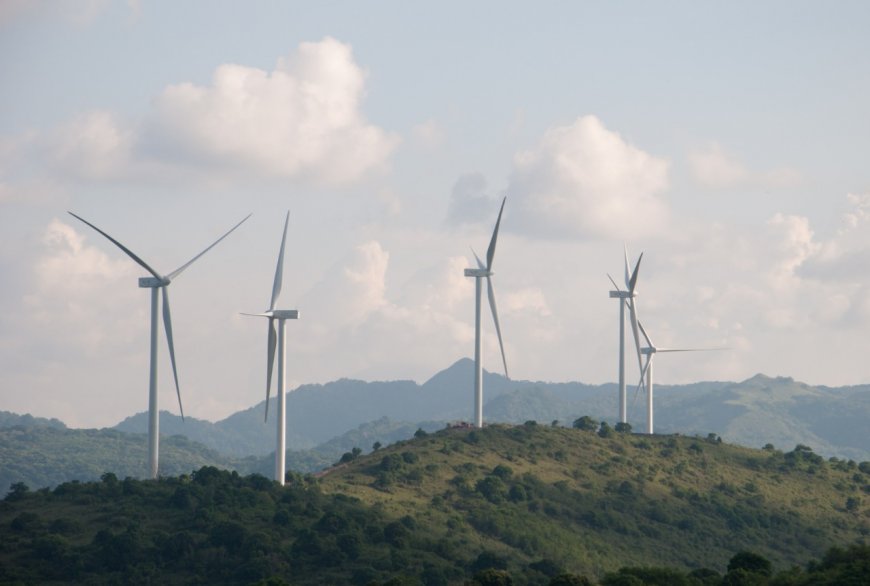
After the basic values, there are general principles that are the reference of energy fiqh rules, one of which is the principle of energy conservation. The conservation principle is divided into two parts, namely the efficiency of energy use and the search for also the preservation of renewable energy sources that are more environmentally friendly and socially friendly. This principle of conservation was widely exemplified by the Prophet Muhammad SAW. One of them is in the efficiency of energy use.
On a practical level, it is expected that energy transition fiqs will be applied from global, state, community, private to site levels. For a global level, developed countries are judged to have to put justice forward by starting the renewable energy transition first without burdening third world countries. At the state level, the involvement of local communities and appreciation of community values and norms, especially in relation to customs, must be promoted.
At the level of ormas, there should be efforts to support renewable energy solutions including financing through zakat, infak, alms and waqf (Ziswaf) as a crowdfunding model. For private individuals, it can integrate the energy transition into a roadmap or environmental, social, governance (ESG) strategy. Meanwhile, the footprint level is to develop local energy solutions according to needs and available resources.
MLH PP Muhammadiyah Chairman M. Azrul Tanjung said that MLH with the support of the Tarj Assembly, formulated a book that is expected to be a trigger for making a breakthrough in renewable energy. She hopes that the book will open up perspectives for the safety of our children and grandchildren in the future.
He said that Indonesia is very rich in energy resources. As a country located in the middle of the equator, Indonesia has solar resources that can be exploited at any time. The same goes for the vast sea and the rivers that flow rapidly. “We need to start inviting friends in academia, government, NGOs, on how to live with renewable energy in the future,"he said.

